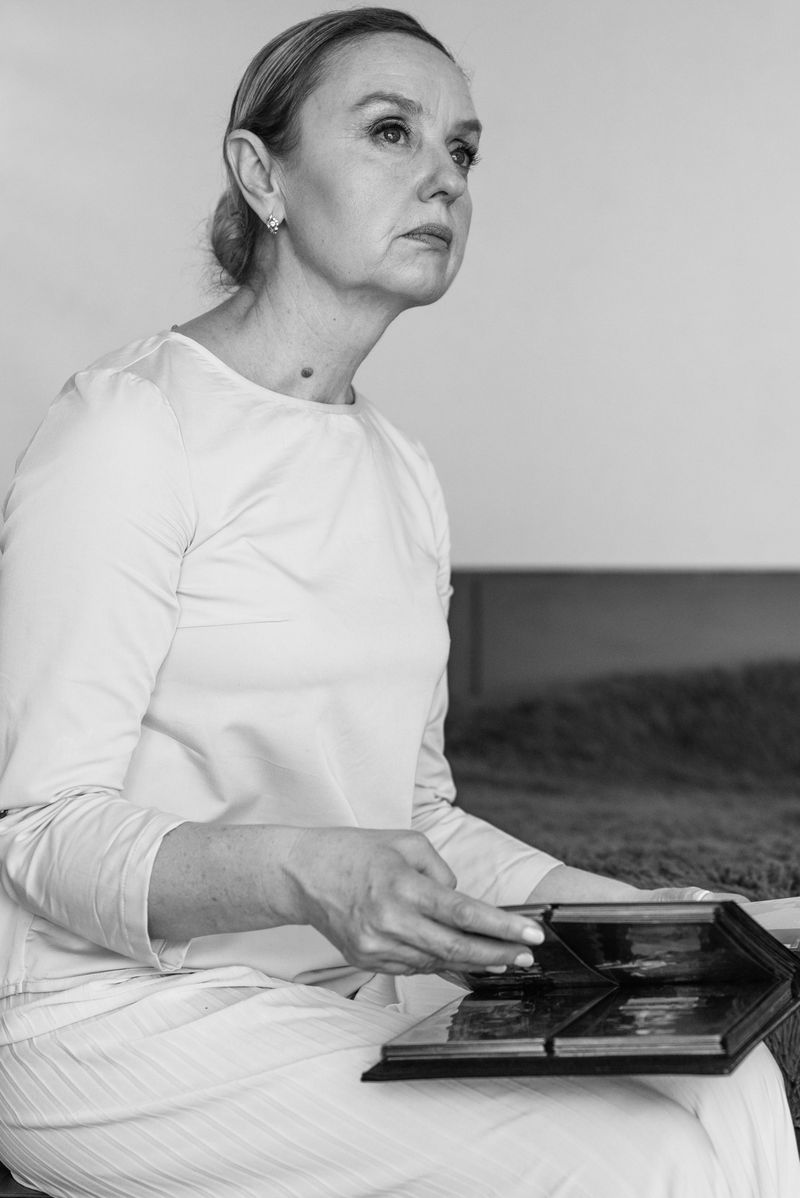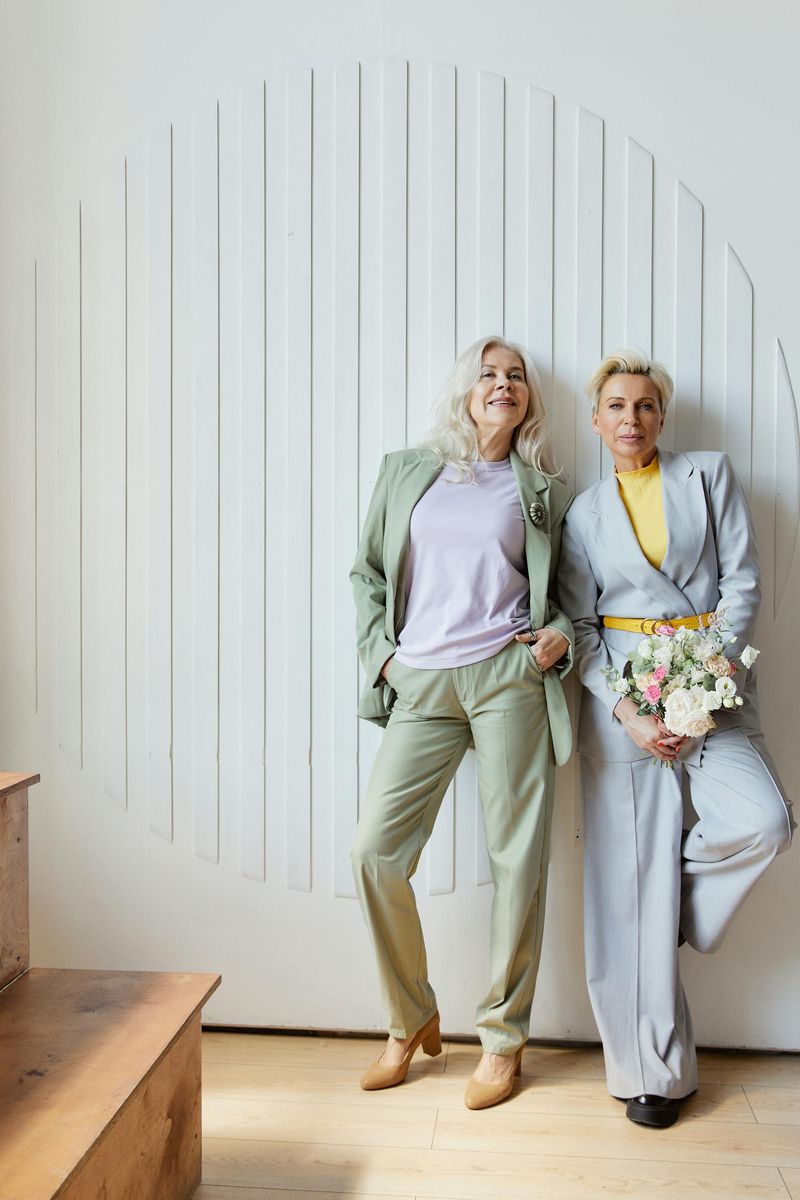7 Emotional Reasons Women Over 40 Choose Freedom Over Familiar Love

Relationships change over time, and for many women past 40, the familiar comfort of long-term love sometimes gives way to a yearning for personal freedom. This shift isn’t about fleeing commitment but about honoring deep emotional needs that may have been overlooked for years. Understanding these emotional drivers can help women navigate this crossroads with greater clarity and less guilt.
1. The Quiet Ache of Emotional Disconnection

Years of unresolved conflicts and growing apart create invisible walls that even the most dedicated partners struggle to break through. The laughter fades, meaningful conversations become rare, and that special spark dims to barely a flicker.
Many women describe this disconnection as living with a friendly roommate rather than a soulmate. The loneliness that exists within a relationship often hurts more deeply than being alone.
After decades of trying to bridge the gap, the realization dawns that true connection requires both people’s effort. When one partner has emotionally checked out, freedom starts looking like the path to authentic connection—even if it’s initially just with oneself.
2. Growth That Outpaces Partnership Boundaries

Something magical often happens to women in their 40s – a renaissance of personal discovery and evolution. New interests bloom, career aspirations reignite, and spiritual awakenings transform perspectives that once seemed fixed.
This growth creates an uncomfortable stretching of relationship boundaries. When a partner resists or dismisses these changes, women face a painful choice between self-limitation and moving forward alone.
“I couldn’t shrink myself anymore to fit into the box he was comfortable with,” shares one woman who chose freedom at 47. Personal evolution becomes non-negotiable when the alternative means abandoning the authentic self that’s finally emerging.
3. The Invisible Labor Breaking Her Spirit

She manages the household calendar, remembers birthdays, schedules appointments, monitors everyone’s emotional states, and anticipates needs before they’re voiced. This invisible labor creates a one-sided relationship dynamic that gradually depletes her energy reserves.
After decades of carrying the emotional and logistical load, exhaustion sets in. The constant giving without reciprocity leaves nothing for herself.
Freedom represents the radical act of putting herself first, perhaps for the first time. Many women report feeling physically lighter after leaving relationships where they functioned as the family operating system rather than an equal partner deserving care and attention.
4. When Lover Becomes Caretaker

The transformation happens slowly – a partner’s increasing dependency, whether physical, emotional, or practical, shifts the relationship balance. Romance and mutual support gradually give way to a caregiver dynamic that wasn’t part of the original relationship contract.
Women find themselves wondering when they stopped being seen as desirable partners and became nurturing figures instead. This role confusion creates an identity crisis that touches the core of feminine energy and needs.
The yearning for balanced partnership where both people care for and desire each other becomes overwhelming. Freedom represents the possibility of rediscovering mutual relationships where nurturing flows both ways rather than becoming a one-way street.
5. Awakening to Subtle Emotional Wounds

The lightbulb moment often comes during therapy or after reading about emotional health. Suddenly, patterns of dismissal, criticism, or neglect that seemed normal reveal themselves as harmful. Years of having feelings minimized or needs overlooked create invisible scars.
Women realize that walking on eggshells around their partner’s moods or constantly seeking approval isn’t healthy love. The relationship’s foundation starts crumbling under this new awareness.
Freedom represents emotional safety – the ability to express authentic feelings without fear of rejection or ridicule. Many women report that only after leaving did they recognize how much energy they spent managing their partner’s reactions rather than simply being themselves.
6. Life-Changing Events That Reveal Relationship Truth

A parent’s death, health scare, or child leaving home often serves as a powerful mirror reflecting relationship realities that busy daily life concealed. These pivotal moments force women to confront mortality and evaluate how they want to spend their remaining years.
“My mother’s funeral changed everything,” explains one woman. “I realized I didn’t want to spend another twenty years feeling unseen and unappreciated.” Crisis moments have a way of stripping away pretense.
The question becomes unavoidable: Is this relationship adding to life’s richness or diminishing it? Freedom represents choosing vitality over familiarity when life events reveal that the relationship no longer nurtures the soul.
7. Reclaiming the Self That Was Set Aside

Many women over 40 look in the mirror and barely recognize the person staring back. Years of compromising, accommodating others’ needs, and playing roles expected of them – mother, wife, daughter, colleague – have buried their authentic selves under layers of responsibility.
The midlife awakening brings an urgent desire to rediscover passions and dreams that were shelved. Women remember the music they loved, adventures they craved, and creative pursuits that once brought joy.
Freedom represents the chance to answer the question: “Who am I when not defined by my relationships to others?” This journey to self-reclamation becomes necessary when a partnership resists making space for this essential exploration of identity and purpose.

Comments
Loading…